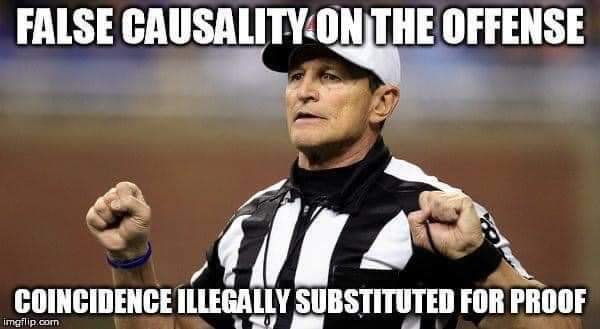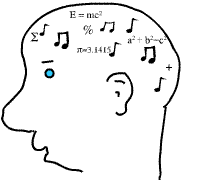OK, break out the dictionary
Merriam Webster Dictionary
careful or diligent search [Hey, sometimes I even go past the first page of Google results - I'm diligent!]
studious inquiry or examination; especially: investigation or experimentation aimed at the discovery and interpretation of facts, revision of accepted theories or laws in the light of new facts, or practical application of such new or revised theories or laws. [This one sounds complicated.]
the collecting of information about a particular subject. [That's definitely Google, Wikipedia, Pinterest, Twitter, my mother-in-law . . . ]
Although we may use the word, 'research,' to mean #1 or #3 above, this course is about #2!
The Cambridge Dictionary definition is more to the point:
"a detailed study of a subject, especially in order to discover new information or reach a new understanding."
The important thing to remember is that if you only gather and compile information,
that is a report, not research.
Put another way, if you
search for and discover information to answer a question, that's great!
However, expanding your own
knowledge with existing knowledge is not research, it is learning!
There is a definite distinction between work that creates its own facts and work that is based on facts that already exist.
Here is another research example:
A study of more than
1,800 students at Purdue showed that those who use the Rec Center at
least 16 times per month earned a GPA of 3.10 or higher. The
correlation (look up this word, it's important) between grades and gym use also is shown with moderate
users. Those who visited at least 7 times per month had an
average GPA of 3.06. Another study from Michigan State
University showed that gym-goers were 3.5 times more likely to remain in
school after two years than their non-gym-going counterparts.
Therefore,
Fitness = Success!

Right??
But . . .
are they more successful because they work out or do they work out
because they are motivated people, which could also explain why they
are successful in school????
There is a correlation between working out and
success, but one does not prove the other!
Do music students make better grades or are
students who make better grades more likely to participate in music?
I DON'T KNOW!
(And neither does anyone else.)
We just know there is a correlation.

This is like dancing on one foot to make a
headache go away.
Your headache was bound to disappear
eventually, and you were bound to be doing something when it
happened.

There is a
course
taught at the University of Washington that I would love to
take.
They provide a list of
Case Studies
that provide excellent examples of research pitfalls.
Follow the Case Studies link, pick a few of these
case studies that interest you and read them to hone your
B.S. detector!!
Keep this process in mind.
Research:
1. Find out everything about your topic
2. Add some more new stuff that nobody knew before
3. Make sure the new stuff is valid